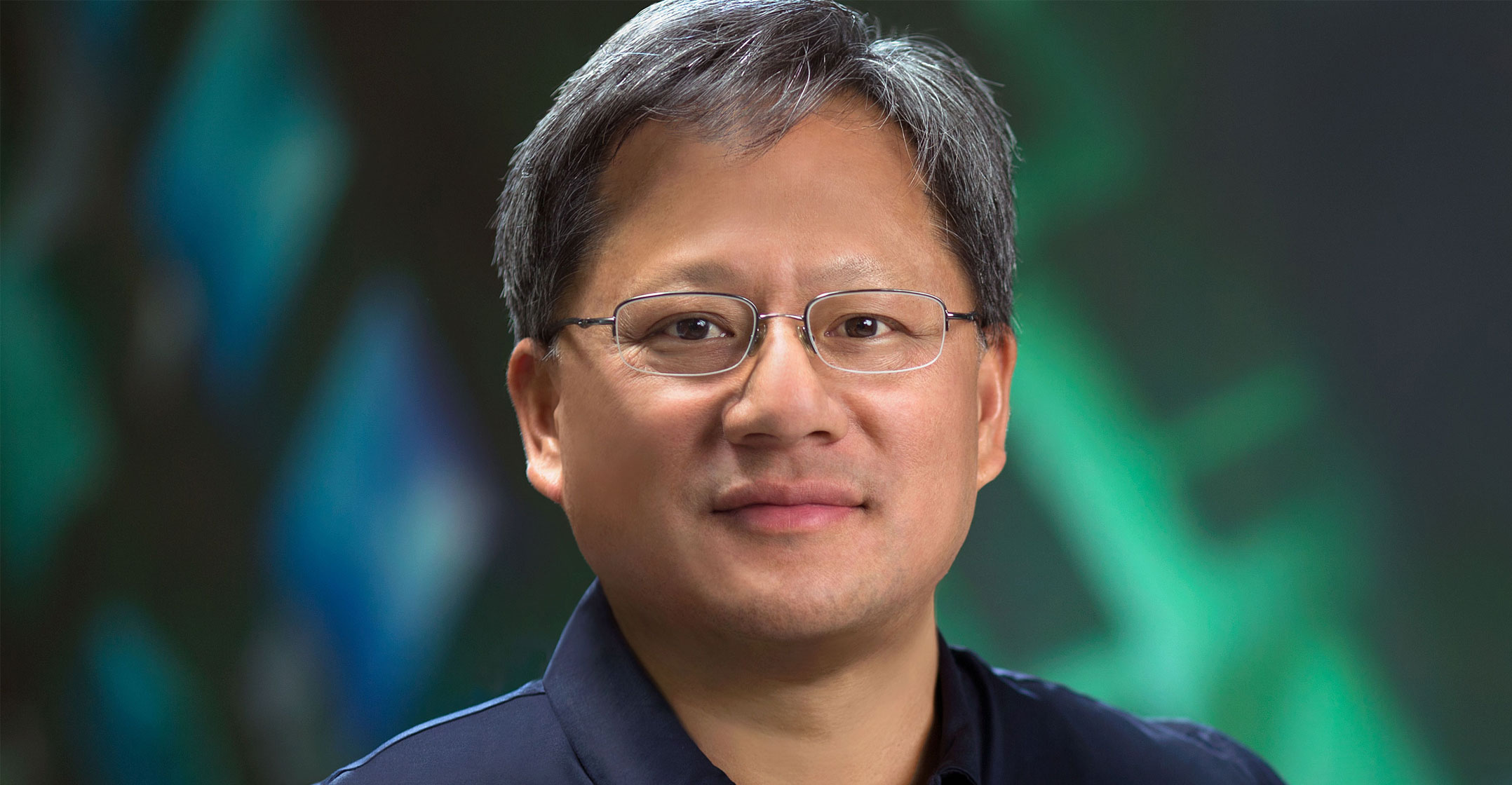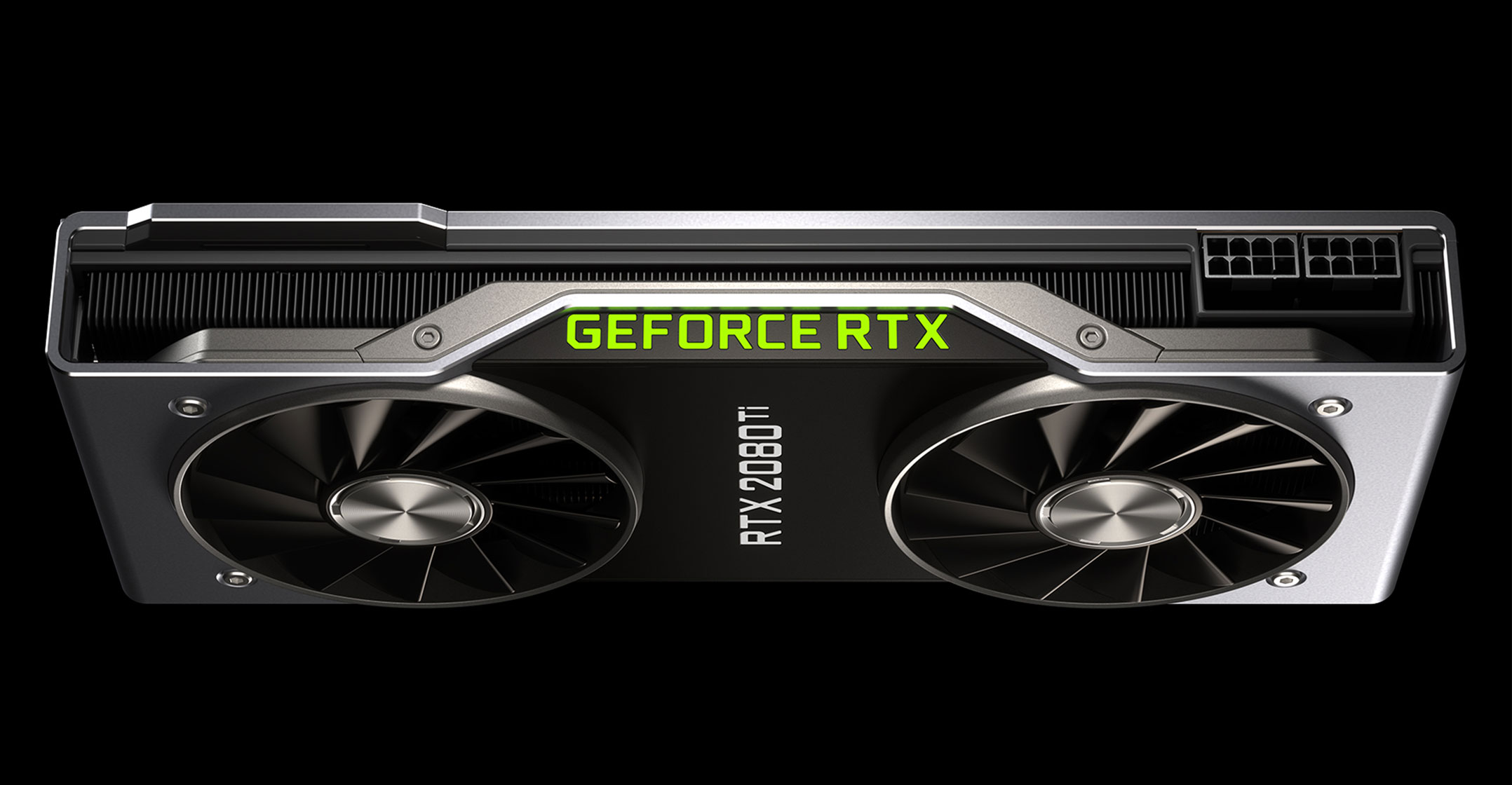
Nvidia has agreed to buy chip maker Mellanox Technologies for US$6.9-billion, gaining expertise to help it push into the growing market for data centre components.
Santa Clara, California-based Nvidia is paying $125/share in cash for the American-Israeli company, which makes chips used to speed the flow of information across computer servers. That’s a 14% premium to its Friday close of $109.38 with the target’s shares surging in pre-market trade on Monday.
Nvidia’s biggest-ever acquisition is aimed at accelerating momentum for one of CEO Jensen Huang’s most successful initiatives. The company’s founder built a multibillion-dollar business in under three years by persuading owners of data centres that his graphics chips are the right solution for processing the increasingly large amounts of information needed for artificial intelligence work, such as image recognition.
“The data centre is more important than ever,” Huang said in an interview. “This combination allows us to innovate faster.”
Nvidia is said to have won a bidding process, beating out rivals including Intel. Mellanox’s market value, now at about $5.9-billion, started to run up last year when activist investors took stakes and talk that it was up for sale emerged. Shares of the company, which is based in Yokneam, Israel and Sunnyvale, California, have risen 66% from their October trough and 18% just this year.
The acquisition process was “very competitive”, Huang said. Once complete, the combination is expected to be immediately accretive to profit and free cash flow, Nvidia said.
Shares surge
Shares of Mellanox surged more than 10% in pre-market trading on Monday, although they remained below the $125 deal price. Nvidia dropped about 1%.
The growing reams of data generated means work on AI and large databases needs to be split between multiple computers. Simply using a faster processor isn’t enough, Huang said. To deal with this, data centres in future will be built as though they are single giant computers “with tens of thousands of compute nodes”, requiring inter-connections that let them work in parallel. Nvidia will use its newly acquired technology to make those giant warehouses full of machinery more efficient and effective, he said.
The deal may signal a resumption of consolidation in the $470-billion semiconductor industry, which has been reshaped over the past five years as companies combined to gain scale while battling rising costs and shrinking customer lists.

“This could reinvigorate M&A discussions across the entire sector. Net net: while the transaction would be a positive, given the size of the company, we wouldn’t view it as a transformation,” RBC Capital Markets analyst Mitch Steves wrote in a note to clients. “A deal would be more impactful for the broader semiconductor industry.”
Mellanox’s technology is crucial in transferring information from one component to another, both within and between computers. Chips that direct that traffic have become increasingly pivotal as corporate networks and Internet-based cloud service providers try to make sense of the plethora of data.
Multiple companies have an interest in adding such capabilities to their own products as they try to court major buyers of servers and other computer infrastructure, such as Google, Amazon.com and Microsoft.
Nvidia is the largest maker of graphics chips used by computer gamers. Such chips excel at executing multiple small calculations in parallel at high speed. Under Huang, the company developed the Cuda programming language now widely adopted by the industry, which helps tailor chips for artificial intelligence processing. The Nvidia unit that serves that market has tripled sales in the past three years.
Mellanox’s revenue surged 26% in 2018, topping $1-billion for the first time. Nvidia had $2.9-billion in sales from its data centre unit last year, up from $830-million two years earlier.
The transaction now needs approval from regulators. That process has become more complicated as the US faces off with China over trade. The Donald Trump administration has blocked deals over concerns about China’s ambitions to acquire new semiconductor technology, and Beijing — the world’s largest consumer of chips — has in turn made it harder to secure its approval for transactions.
Huang said Nvidia studied carefully how the deal would be reviewed by regulators and believed it wouldn’t face significant hurdles because the two companies are complementary. — Reported by Ian King, (c) 2019 Bloomberg LP




